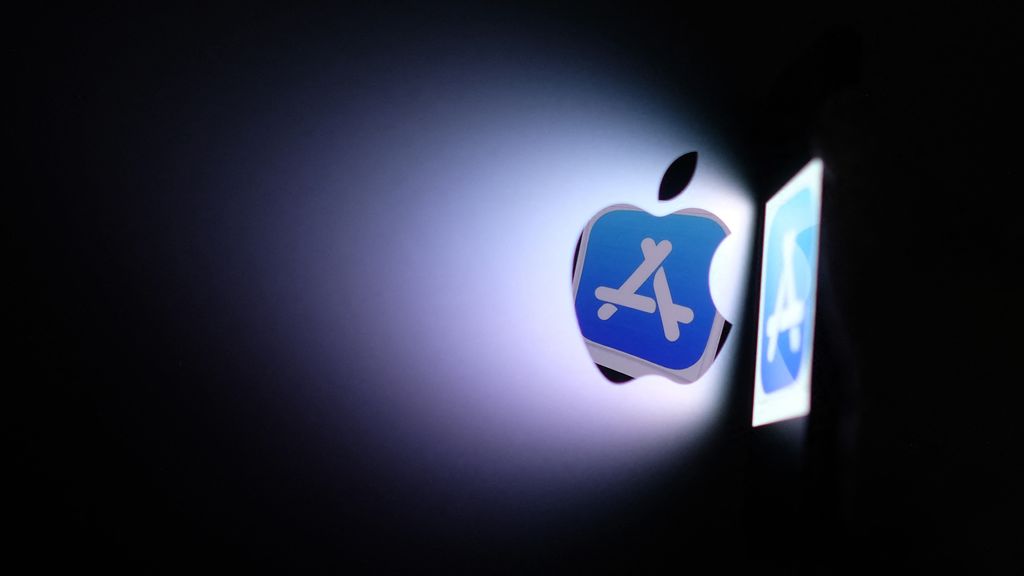
This article was last updated on January 17, 2024
Canada: ![]() Oye! Times readers Get FREE $30 to spend on Amazon, Walmart…
Oye! Times readers Get FREE $30 to spend on Amazon, Walmart…
USA: ![]() Oye! Times readers Get FREE $30 to spend on Amazon, Walmart…
Oye! Times readers Get FREE $30 to spend on Amazon, Walmart…
Table of Contents
New Development in the Apple App Store
In the aftermath of a prolonged legal dispute involving Epic Games, the developers of the renowned Fortnite game, Apple has had to modify their existing policies. This evolution permits creators of iOS apps to present payment alternatives beyond the Apple App store to its US-based users. What seems like a simple alteration, it is indeed a transformative one. Developers now possess the opportunity to divert their users to an external link for transaction purposes, providing an alternative to the Apple App Store. While Apple previously claimed 30% of transactions, it still demands 27%, marking a nominal change for Epic. Consequently, Apple’s compensations will remain more or less the same.
Apple’s App Store Payment Scheme
Before this policy modification, every time a developer peddled a digital product – either a one-time purchase or a subscription-based service – payments were exclusively conducted through the App Store’s checkout system. As a result, Apple’s cut measured between 15 and 30% of every transaction. By grafting this strategy, Apple is employing a similar approach as it did in an ongoing dispute with ACM in the Netherlands.
Court Proceedings
A plea was made to have the Supreme Court preside over the case, but it was denied. Instead, a lower court reached a verdict. The court dismissed Epic’s assertion stating Apple flouted competition laws with their policy. Yet, it mandated that Apple implement changes. Presently, with iOS – the operating system fueling iPhones and iPads – the App Store remains the exclusive portal for downloading apps and processing transactions. Epic’s CEO, Tim Sweeney, voiced his criticism toward the newly instituted policies of Apple. In his opinion, the 27% contribution is excessive, given that developers already pay an additional 3-6% of their turnover to a payment processor. Sweeney also expressed his concerns about Apple’s warning screen effectively discouraging developers by claiming lack of liability for “the privacy or security of payments made on the web.”
Implications for Developers
Despite the necessary adjustments, it still serves favorably for Apple. The benefits for developers in reality remains to be seen. It will be a challenge for app creators to induce users to opt for payment outside the App Store. With no leverage to decrease prices and more steps involved in the payment process, it may affect their income negatively. Even though the current modifications might seem trivial, it plays a significant role in a broader confrontation for some developers. Besides Epic, Spotify, a few years back, filed grievances in the European Union about this issue. The Digital Market Act, a new European law, necessitates Apple not only to permit outside transactions but also to allow external app-download portals. Early March marks the deadline for this implementation. The lawsuit between Epic and Google has also garnered attention. The jury in this case concluded that Google had violated competition protocols in December. It now waits to be seen how Google will be required to readjust its policies and whether this case will reflect on Apple.

Be the first to comment